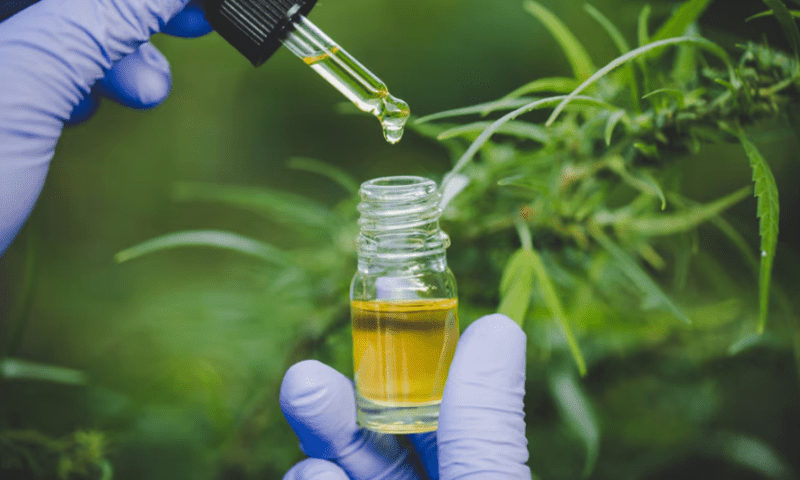Jumping into the health and wellness sector once seemed like an easy win for some pharma companies, but the tough times are increasingly extending beyond biotech. That certainly seems to be the case for InMed Pharmaceuticals, which is backing out of the wellness arena less than a year after the Canadian drug developer acquired cannabinoid company BayMedica.
When it bought BayMedica back in October 2021, InMed CEO Eric Adams said the deal would “help strengthen our pharmaceutical drug development efforts as well as position the company to become a global leader in the manufacturing of rare cannabinoids.”
Now, part of that strategy is being jettisoned, with InMed admitting in a Sept 8. update that significant efforts by BayMedica’s commercial team had not resulted in the market demand for its naturally occurring cannabinoids reaching anticipated levels.
The company in part blamed “overarching recessionary pressures” that had given health and wellness investors cold feet when it came to backing new cannabinoid products.
“Given the above, the timing of revenues for the BayMedica products has become highly uncertain and is causing us to re-evaluate whether, in the long-term, the BayMedica commercial activities will achieve margins sufficient to justify further investment in that business line,” Adams said. “As a result, we have made the decision to focus on our core business in the pharmaceutical drug development area and reduce our financial exposure in the H&W sector.”
The BayMedica unit will wind down commercial and manufacturing R&D efforts while it seeks out collaborations or other strategic alternatives, InMed said.
InMed’s lead asset is INM-755, a cannabinol topical cream in phase 2 trials for epidermolysis bullosa, a rare condition that causes fragile and blistering skin. The company expects to complete enrollment in the study by the end of the year.
The Vancouver-based company will also continue to explore the potential use of a rare cannabinoid and cannabinoid analogs to treat neurodegenerative disorders such as Alzheimer’s disease, Parkinson’s disease and Huntington’s disease. This work is still in the early stages, with the company narrowing down a list of potential target candidates before deciding on a compound to take into preclinical development.
The strategic reassessment clearly didn’t harm InMed’s stock, with the company’s shares jumping 43% to $12.70 in premarket trading Sept. 9.

